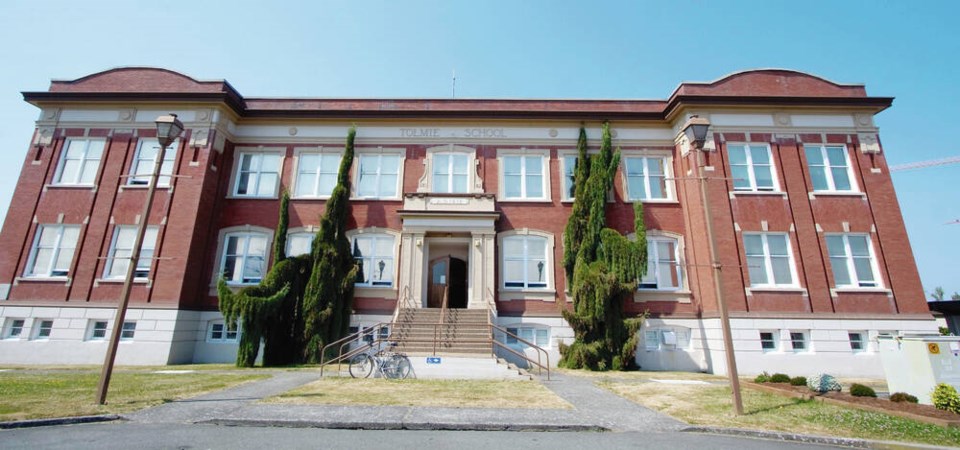“My family has been through absolute hell,” the letter begins.
It recounts how a teenager got enticed by quick money and wound up in serious gang trouble while the parents struggled with the crisis.
Experts urged them to get a home security system and move the student out of town. They relocated the teen to another country and the child “hasn’t been home since.”
The parents feel that an intervention by a school police liaison officer could have headed off the crisis.
There is a handful of other anguished letters that tell essentially the same story. “Absolute living hell…” was one summation.
“It’s the worst thing that I ever thought could happen, and it’s happening still,” someone else wrote. All the people writing feel the school police liaison officer program could have made a difference.
None of this is breaking news. Similar views have been aired for months now.
The remarkable thing about them is that they were all presented to Greater Victoria School Board officials in person by advocates for the program on April 10.
Nine days later, the board issued a statement that rebuffed the desperate parents and refused their pleas.
It was actually issued in response to similar requests from local mayors for a rethink of last year’s decision to cancel the program.
The board said then that the program was shut down because some students didn’t feel safe with police officers in schools. Victoria police curtailed their own involvement in the program for budget reasons in 2018, but after lengthy study, the board last year curbed police plans to restart it.
Last week, the board reiterated that stance, saying in part: “Police will not be used to provide student services that should be provided by appropriately trained, qualified and regulated professionals such as district leadership, principals, teachers, educational assistants, counsellors, social workers or health care professionals.”
It’s a strikingly inane position to take. If you want to teach kids in a low-key, non-confrontational way that police can help them, then police have to be involved.
All the counsellors in the world won’t get the message across as effectively as a uniformed officer reaching out.
In an accompanying 3,000-word FAQ about the background to the decision, the board acknowledges that “funding levels are not always adequate” for all the experts they dream of hiring. But that still doesn’t justify using police, it said.
The mayors’ letters were the latest in a series of objections that built over the course of the school year. Front and centre was Victoria Police Chief Del Manak, who repeatedly warned there is an increase in gang activity around schools and the school police liaison officer program is an effective way to deal with it.
But the school board’s FAQ summary disputes that. “In the absence of historical data from police it is not possible to determine whether recent reports of gang recruitment or other criminal activity represent a change in activity.”
The point that gang activity is repugnant at any level seems to have escaped board members completely. Also, Saanich police say there is a noticeable hike in the number of juvenile arrests in the past year, which suggests more proof of gang activity.
Elsewhere in the board’s response, chair Nicole Duncan tried to reassure people that there are protocols for police in schools responding to critical incidents, and that “we are committed to maintaining strong relationships with local police.”
But two advocates who have been campaigning to get the board to reverse its position, Lori Poppe, founder of Parents and Police Together, and Kindree Draper, chair of the Colquitz Parents Advisory Council, have doubts.
They say patrol officers showing up for worst-case scenario drills, or in actual high-stress crises, is not the same as a liaison officer being on hand routinely to help as needed.
Elsewhere, the document heaps doubt on the previous decades-old SPLO program, saying it lacked defined objectives, clarity, oversight and reporting requirements.
As to why the board cancelled the program when most respondents to its own survey supported it, the board said most of them identified as “having only white ethno-cultural background and were parents of elementary children, many of whom indicated they had no previous interactions with SPLOs.”
The board said the survey showed concerns about “police in uniforms carrying weapons making students feel uncomfortable and unsafe around police.”
It could have been adjusted to address that. But that would have meant backing down. So they’re locking into a move that does more harm than good.



